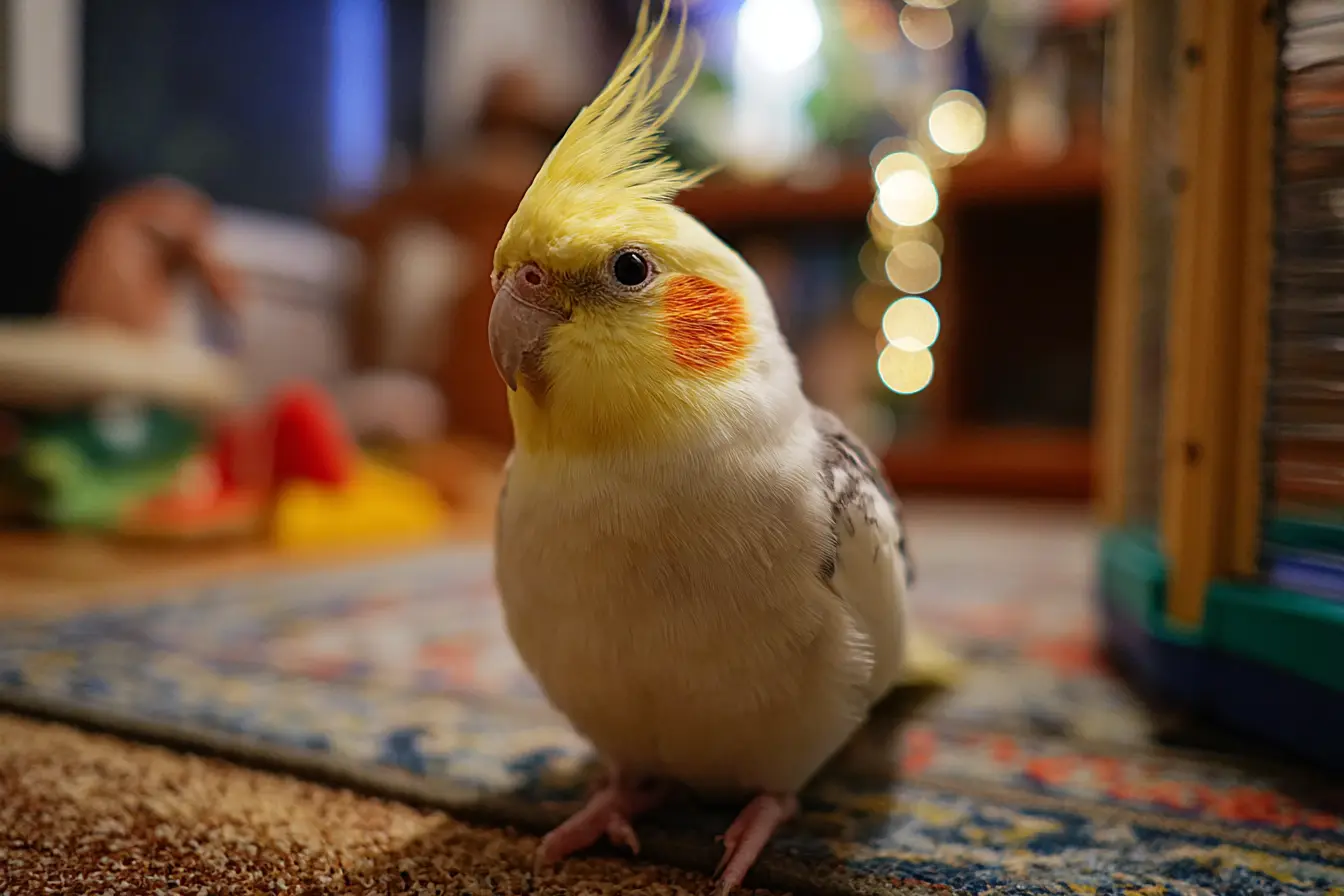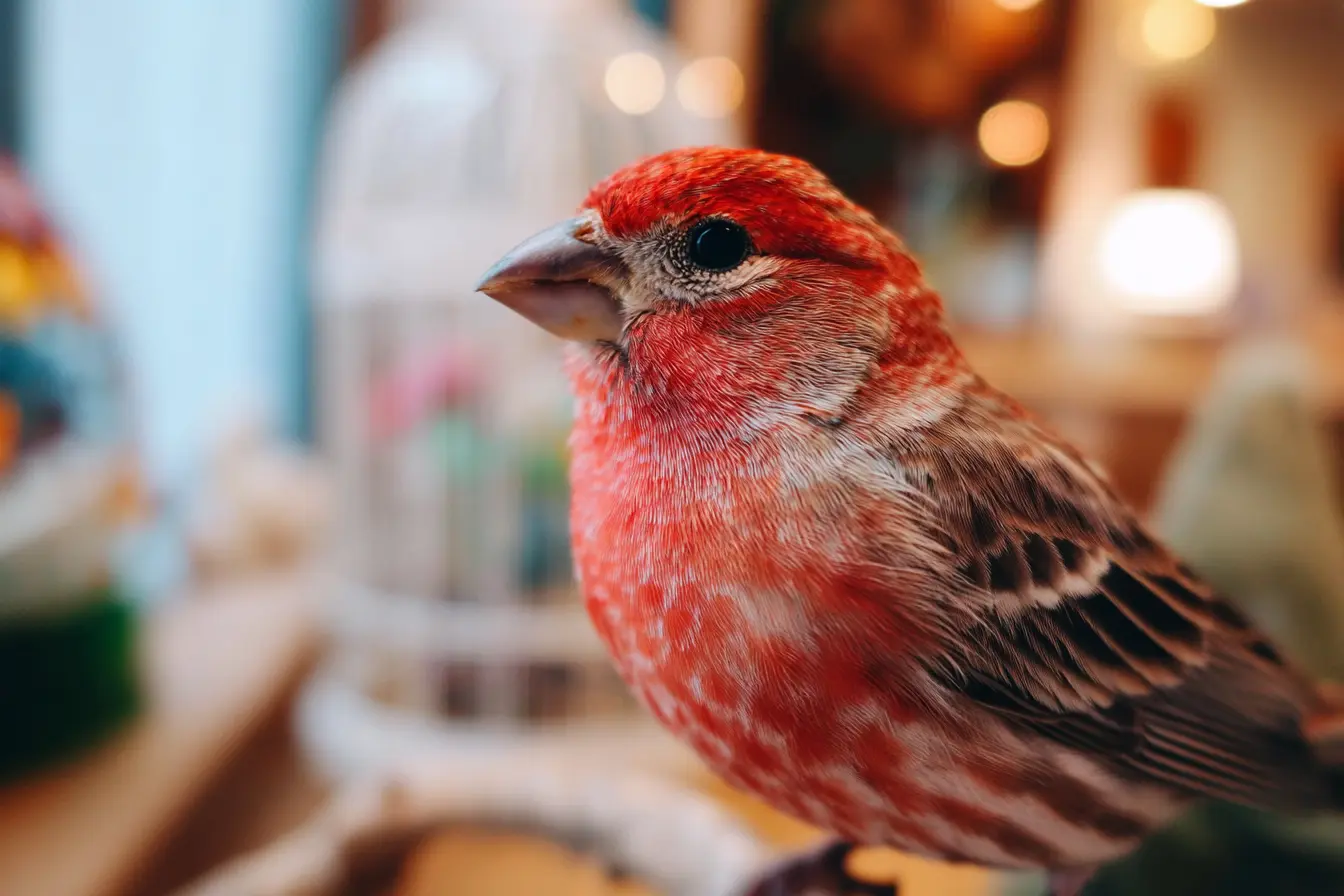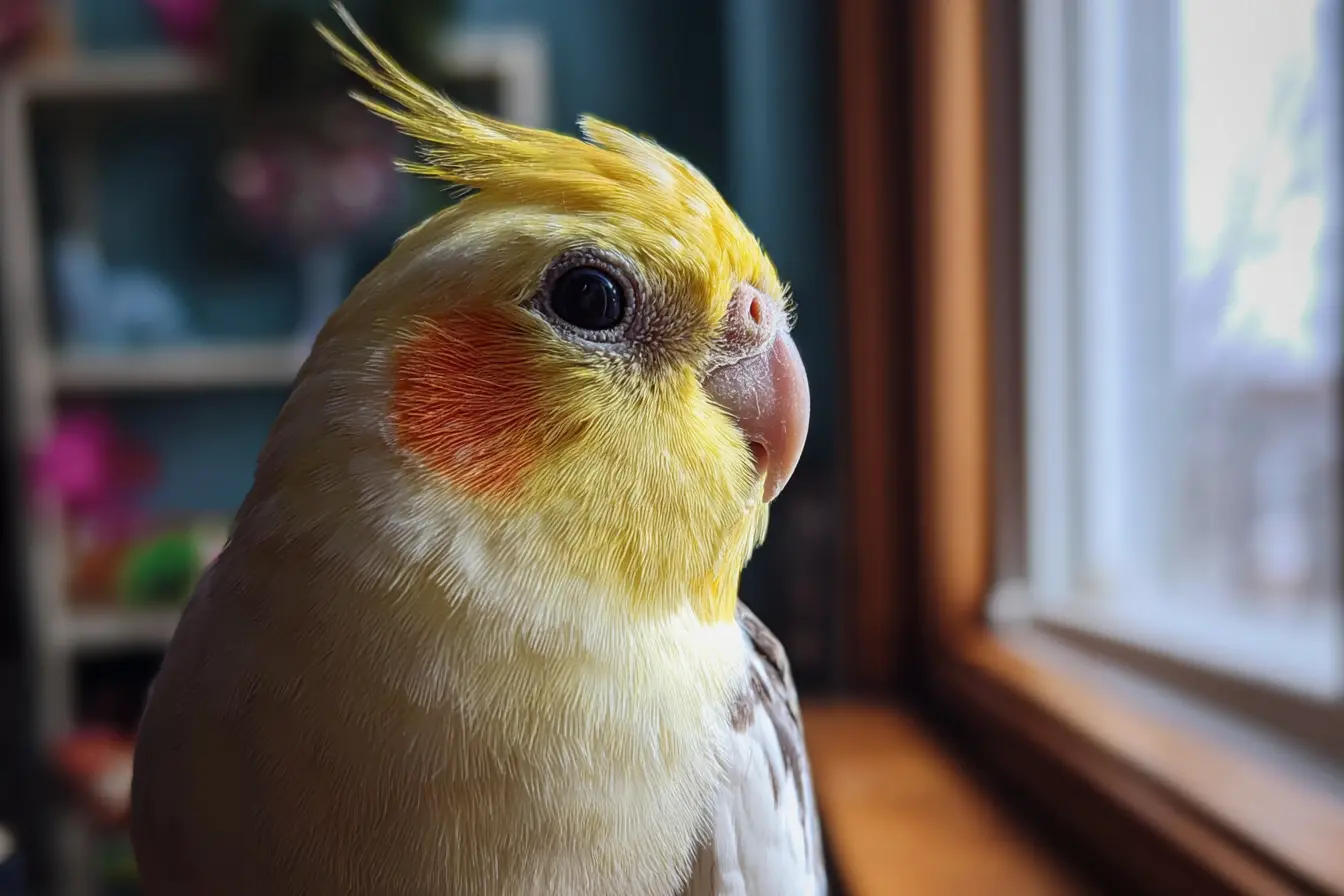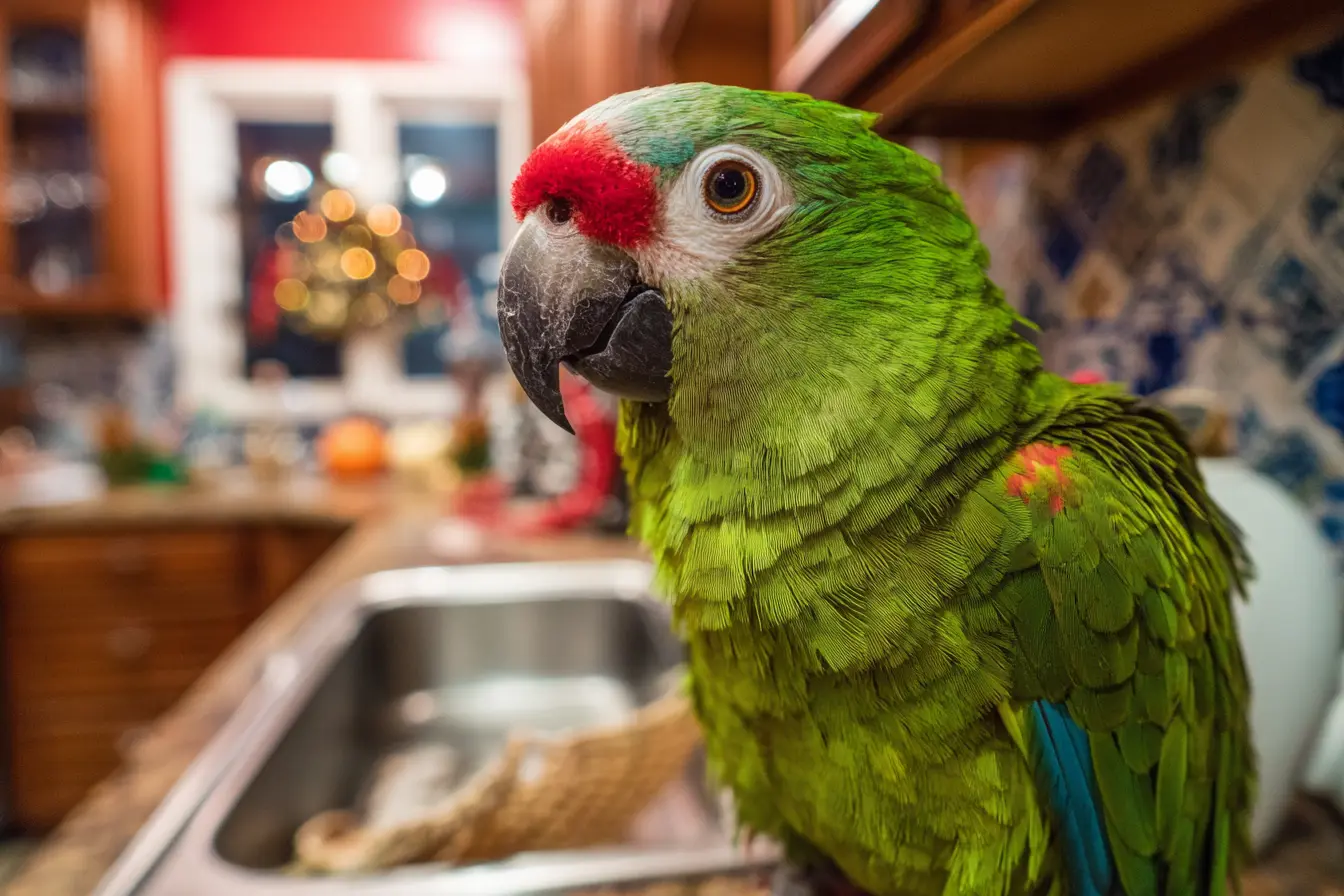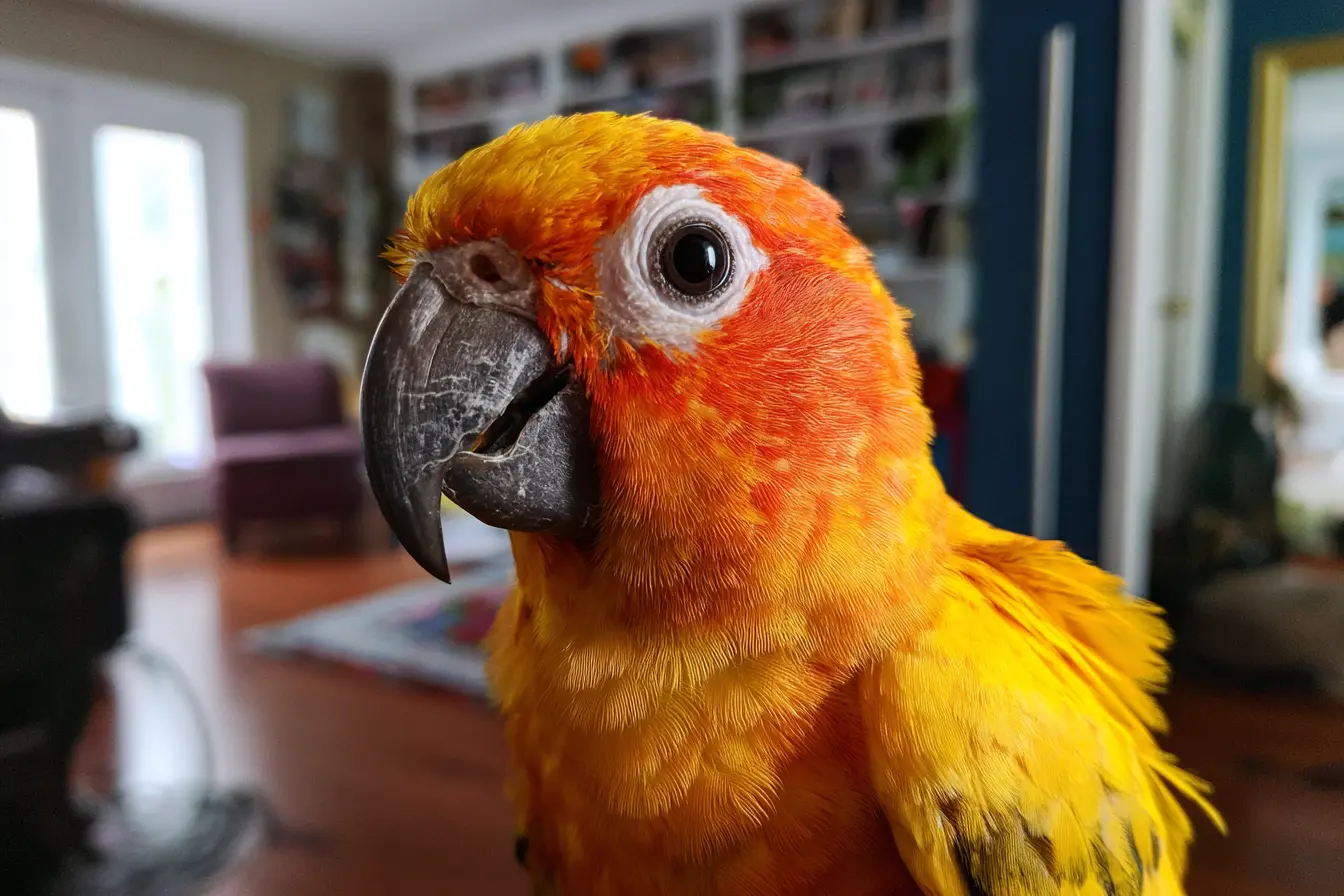
Why Parrots Get Blocked Nostrils and How to Help
Parrots, like all birds, rely heavily on their respiratory health for overall wellbeing. When a parrot develops a blocked nostril (also known as the nares), it can be a symptom of several underlying issues, some minor and some requiring immediate veterinary intervention. Understanding the causes, symptoms, treatment options, and prevention strategies is crucial for any responsible parrot owner.
Common Causes of Blocked Nostrils in Parrots
Environmental Factors
- Dusty Environment: Parrots are particularly sensitive to dust. Poor air quality, especially in dry, unventilated rooms, can cause mucous build-up leading to a blocked nostril.
- Aerosol Sprays: Use of sprays like perfumes, air fresheners, or cleaning products around your bird can irritate their delicate respiratory system.
- Low Humidity: Very dry air can thicken the mucous inside the nares, making blockages more likely.
Dietary Issues
- Vitamin A Deficiency: A lack of vitamin A is a leading cause of upper respiratory problems in parrots. Vitamin A is crucial for maintaining healthy mucous membranes.
- Poor Diet: Seed-only diets do not provide the essential nutrients needed for robust immune and respiratory health.
Infections
- Bacterial Infections: Bacteria can cause inflammation and discharge, leading to clogging of the nostrils.
- Fungal Infections: Aspergillosis, a common fungal infection in birds, can cause serious respiratory issues, including blocked nares.
- Viral Infections: Some viral diseases can lead to sinusitis and consequent blockage.
Mite Infestation
- Parrots can sometimes suffer from mite infestations, particularly Knemidokoptes mites (scaly face mites), which burrow into the skin and tissue around the nares, causing crusty build-up and blockage.
Foreign Objects
- Small particles like seed husks, dust, or even bedding material can accidentally become lodged in a parrot's nostrils, causing a blockage.
Anatomical Abnormalities
- Some birds, especially those from poor breeding programmes, may be born with malformed nares that predispose them to blockages.
Signs and Symptoms to Watch For
Blocked nostrils in parrots may not always be obvious at first. Watch for:
- Laboured breathing or audible wheezing
- Frequent sneezing or head shaking
- Nasal discharge (clear, cloudy, or crusty)
- Swelling around the nostrils or face
- Loss of appetite or lethargy
- Scratching at the face or nares with claws
- Changes in voice (quieter, raspier)
What to Do if You Notice a Blocked Nostril
Immediate Actions
- Inspect carefully: Use a torch to gently look at your bird's nostrils without causing stress.
- Increase humidity: Place a humidifier in the room or allow your parrot to spend time in a steamy bathroom (without chemicals or sprays) to help loosen any blockage.
- Do not attempt to poke or remove anything from the nostrils yourself, as you could cause serious harm.
Veterinary Intervention
- Consult an avian vet immediately if symptoms persist for more than 24 hours or worsen.
- Your vet may perform:
- A nasal flush to remove debris
- Cytology or cultures to identify infections
- X-rays to assess for deeper sinus infections
- Blood tests to check for nutritional deficiencies
- Prescribe antibiotics, antifungals, or vitamin supplements as needed
Prevention Tips
Maintain a Clean, Dust-Free Environment
- Clean cages, toys, and rooms regularly.
- Use bird-safe cleaning products.
- Avoid aerosol sprays or strong perfumes near your bird.
Ensure Proper Nutrition
- Offer a varied diet with plenty of fresh vegetables rich in vitamin A (such as carrots, sweet potato, red peppers, dark leafy greens).
- Avoid seed-only diets; consider formulated pellets designed for parrots.
Routine Health Checks
- Perform regular at-home visual inspections.
- Schedule annual wellness exams with an avian veterinarian.
Good Humidity Levels
- Aim for indoor humidity between 50–60%.
- Provide opportunities for bathing (shallow dish or misting) to keep nares and feathers clean.
Enrichment and Hygiene
- Provide clean, safe toys to reduce boredom-related self-injury.
- Keep perches clean to avoid respiratory exposure to waste and bacteria.
Final Thoughts
A blocked nostril in a parrot should never be ignored. While some causes may be minor and easily resolved with environmental adjustments, others could indicate serious underlying health issues that require professional care. Always err on the side of caution and seek veterinary advice promptly.
By maintaining a healthy diet, a clean living environment, and regular vet checks, you can help ensure your parrot breathes easily and lives a long, vibrant life.
Vets near you
Speciality vets
- Aquatics vet specialists
- Birds vet specialists
- Camelids vet specialists
- Cats vet specialists
- Cattle vet specialists
- Deer vet specialists
- Dogs vet specialists
- Equines vet specialists
- Exotic vet specialists
- Goats vet specialists
- Pigs vet specialists
- Poultry vet specialists
- Sheep vet specialists
- Small Mammals vet specialists
- Wild vet specialists
Vet facilities
- Accessible by public transport
- Blood testing
- Car park nearby
- Client car park
- Dentistry
- Diagnostic imaging
- Disabled public access
- Flea and worm treatments
- Microchipping
- Mobile services
- Neutering
- Open at weekends
- Out-of-hours service
- Referral interests
- Referrals only
- Street parking outside
- Toilets available
- Vaccinations
